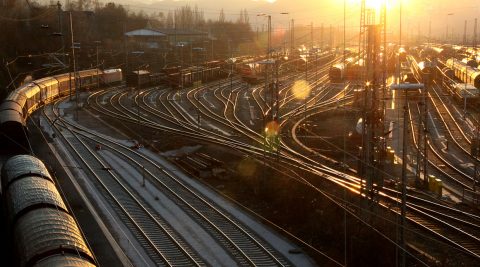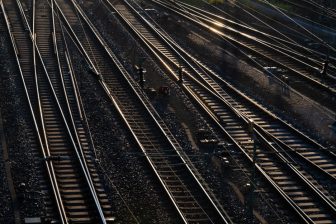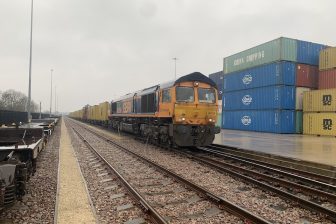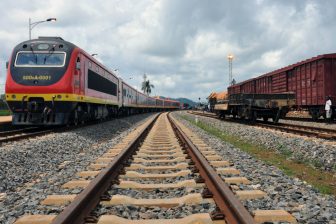
Germany takes big steps towards more competitive railway network
The German government has selected 29 rail projects to be prioritised and implemented by 2030, in order to boost the rail industry. They include line upgrades, measures to allow for the passage of 740-metre trains and the first steps towards a national regular-interval timetable. Earlier, it presented the incentive scheme towards reduced track access charges for rail freight operators.
Beginning this month, the German federal transport minister Andreas Scheuer announced that a detailed cost-benefit analysis had been made, studying the current Federal Transport Infrastructure Plan. The selected projects should increase the number of freight and passenger trains on the German rail network. A budget of 6.35 billion Euros has been set aside for the realisation.
740-metre trains
A budget of 680 million Euros has been reserved for upgrades allowing for more 740-metre trains on the network. 21 stations have been identified for extension projects, requiring an investment of 470 million Euros. The stations are distributed equally throughout the network, including important hubs as Duisburg, Hamburg and Mannheim.
Currently only eleven per cent of trains in Germany can operate with the standard European 740-metre length, and this is often due to minor network limitations. An upgraded network that allows unrestricted access to 740-metre trains is expected to eliminate bottlenecks and boost the efficiency of the railway network.
Bottlenecks
However, the extension works are not the only approach towards eliminating bottlenecks.The hubs in the rail network must be better connected, explained Enak Ferlemann, representative of the German federal government for rail transport. “Politicians have never focused on the hubs,” said Enak Ferlemann, the representative of the German federal government for rail transport. “The government now wants to thoroughly address these focal points.”
Thus, 22 lines will be extended or rebuilt. For example, around 1.8 billion Euros will be invested in and around the network of Hamburg. At the Cologne junction, a second track will be laid on a section of the route between Münster and Dortmund. The rail link between North Rhine-Westphalia and the North Sea ports will also being improved. The completion of these projects is expected to take several years.
Track access charges
On 5 September, the German Federal Ministry for Transport and Digital Infrastructure (BMVI), DB Netze and the Eisenbahn-Bundesamt (EBA) presented the German incentive scheme for freight operators. The track access charges will be reduced by more than 45 per cent in Germany from 1 July 2018, retroactively.
The scheme is called TraFöG, translated ‘price support for freight traffic’. The ministry supports the sector with a budget of 375 million Euros per calendar year, a fund available until 30 June 2023 and evaluated in 2021. The regulation is now in the final phase for notification to the European Commission and is expected to be published and in force this year.





